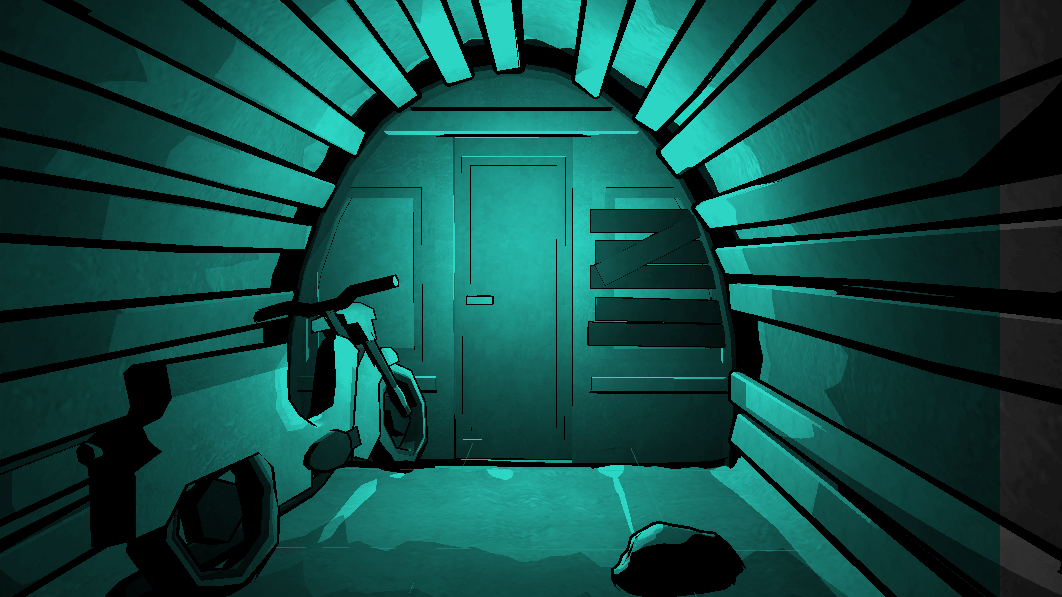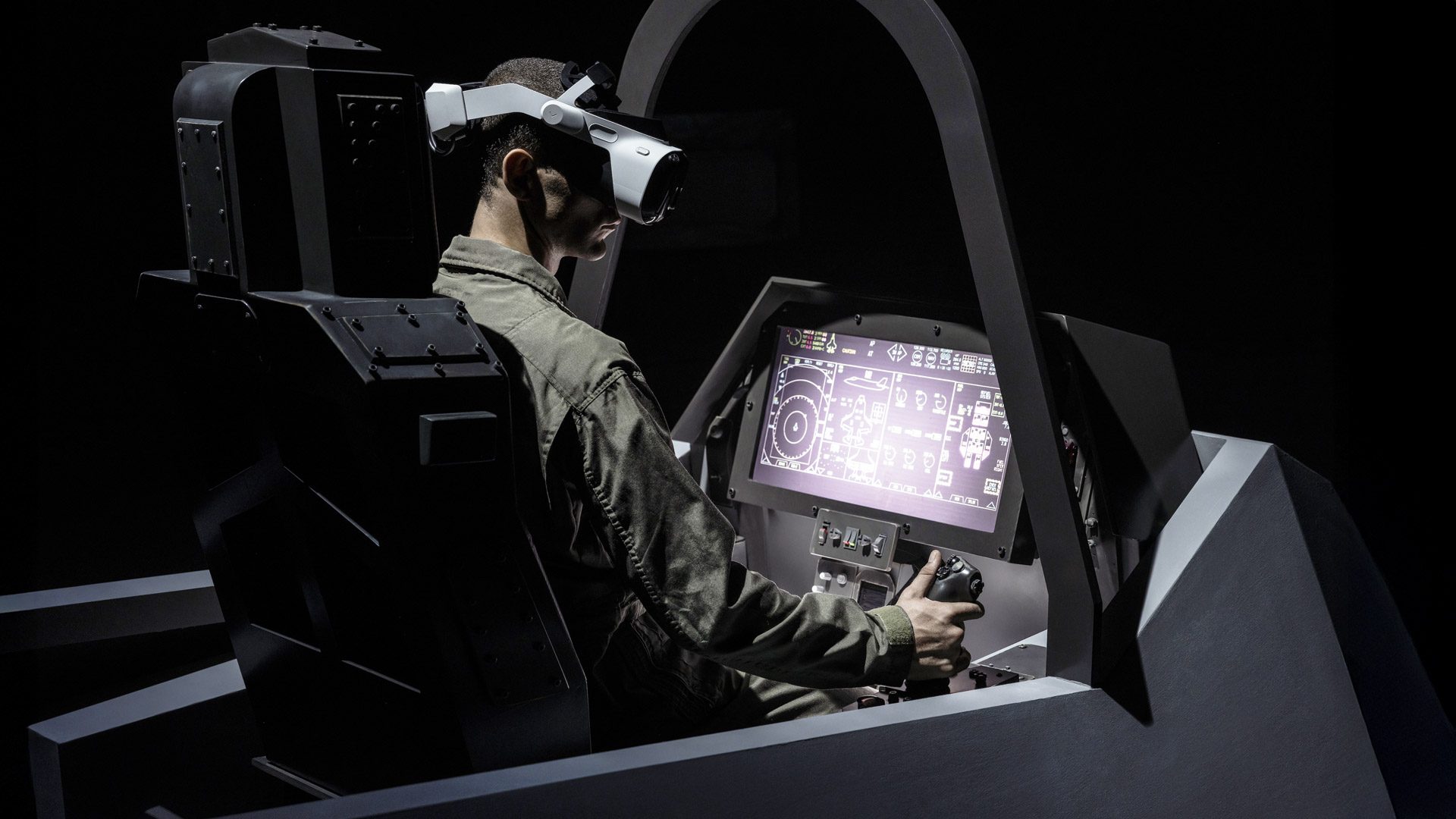In today’s rapidly evolving game development landscape, the topic of generative AI is heating up, creating a stark divide among industry professionals. One notable voice in this discussion is Samantha Béart, an actor in the acclaimed game Baldur’s Gate 3. Béart has candidly expressed concerns about the motives of some CEOs enthusiastically embracing AI, suggesting that their primary aim is cost-cutting.
When Baldur’s Gate 3 hit the shelves in the latter part of 2023, it received significant acclaim, particularly for the performances delivered by its talented cast. Among them is Béart, who brought the character Karlach to life with vivid emotion and depth. Alongside peers like Jennifer English, who played Shadowheart, and Neil Newbon as Astarion, Béart’s work added dynamic layers and authenticity to the game, which resonated deeply with players.
In an interview with Edge, Béart criticized the increasing push towards AI. She argued that focusing on AI for game development is a narrow approach that might backfire on companies. “In the end, it’ll ruin their reputation and dismantle their success,” she warned. Béart’s view is that many in the industry, who are genuinely passionate about gaming and its artistic aspects, will resist the shift to AI-led development. “Why pursue something that potentially ends countless creative jobs?” she wondered, pointing out how those pushing for AI may not even be avid gamers themselves, seeing games primarily as a financial opportunity rather than a form of artistic expression.
Over the past few years, the debate over generative AI has become more pronounced as the technology advances and gains footing in commercial use. For instance, a recent leak revealed Sony’s experimentation with AI-enhanced PlayStation characters, which was met with concern by actors like Ashly Burch. With studios appearing committed to integrating AI, this divide within the industry seems poised to grow.
Reflecting on her future, Béart has expressed interest in revisiting her role as Karlach, even detecting a strong sense of ownership over the character. However, any such return seems contingent on a firm exclusion of generative AI from the creative process, aligning with her advocacy for preserving the human touch in game development.
As the debate persists, gaming enthusiasts and professionals alike await the unfolding of how AI will ultimately influence the industry, affecting the way both games are made and experienced. This ongoing conversation will surely shape the future of gaming narratives, the artistry behind them, and their impact on those who create these immersive worlds.















































